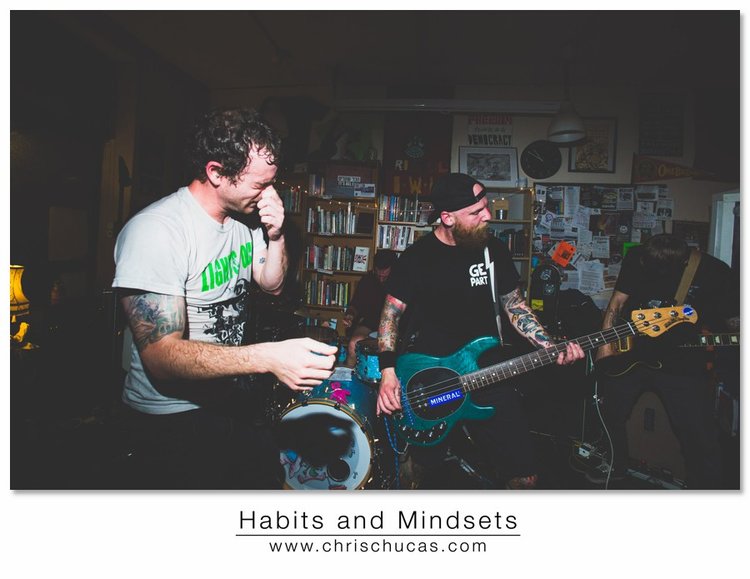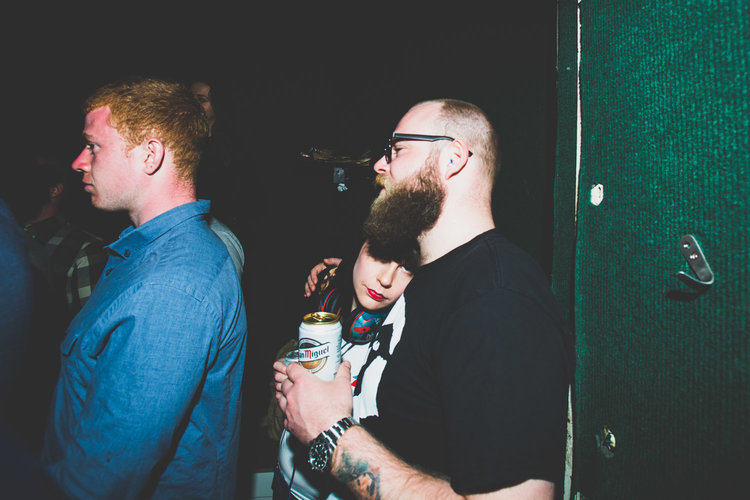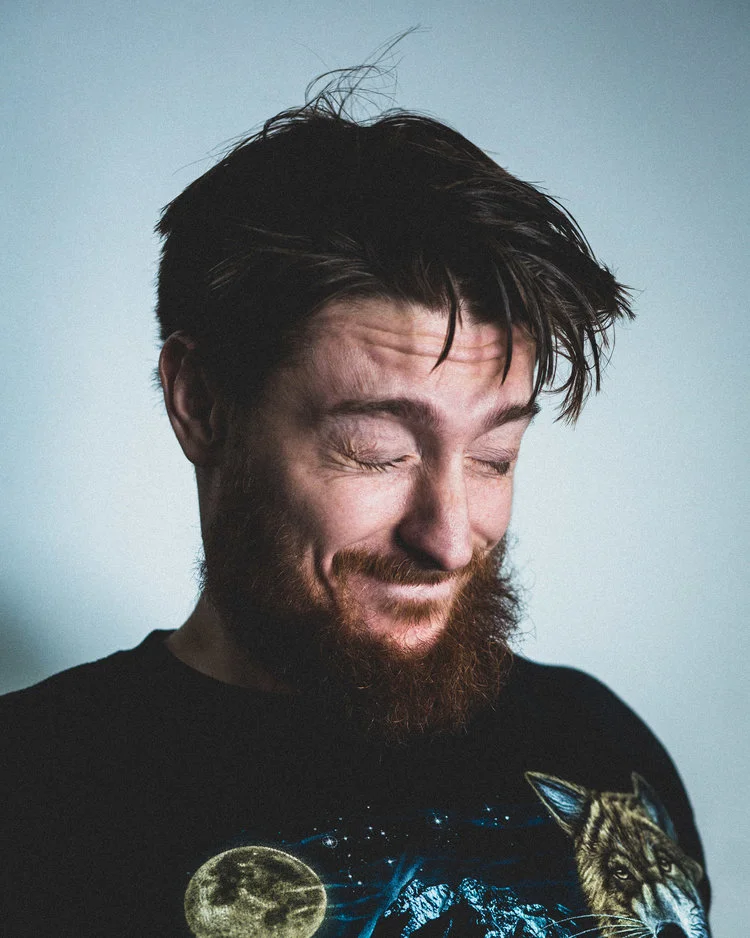I was really happy that Spencer found time to get in touch with his peer review. It means a lot to me especially as i respect both his practice and career path. I think if anyone asked me “What do you want to do with your practice and caeer?’ It would be to work more with my art projects and get more commissions. I think a healthy balance of the both is nessacary for my well being and I can really relate to Spencers outlook on this, he mentioned it in this talk he gave I found online.
After the initial feedback from the peer review I thought about a lot of the issues raised , and some of them were raised by the other peer reviews as well.
The only place I feel it falls down is the quality and the repetition of imagery. I’d like to see you push on with it even more and introduce some of the looser style you have in some of your other personal and commissioned work and move away from the more staged stuff (see attached).
reference images ( all pre Ma)
Florida,Chris Chucas 2016,- www.chrischucas.com
Katchi, Chris Chucas www.chrischucas.com 2016.
Night event commission, Chris Chucas 2016- www.chrischucas.com
I found this both super helpful and conflicting. At the begening of the course I embraced this loose style, it had been something that I had spent hundreds of hours on perfecting. I had adapted my own process to archive it and developed a style from it. I remember Spencer giving a talk on the Ba Hons course while I was at Falmouth on my undergrad and He had given us advice and that was to ‘ Shoot work that your into, and develop a style so that if someone looks at it they can say ; Chris shot that without asking. I was studying alongside Robbie Chilton and we both embraced that piece of advice.
The reason I love what Robbie Chilton does is there is a technical proficiency but yet an honesty and looseness to what he does. My work is at times more clinical and it’s something I’ve tried to move away from in recent years. I think I’m right in saying that all three of us have come up from a background of music and skateboard photography, so that inspiration feeds itself into our practice and will always have an influence. Try not to fight that. I think it’s good to learn your craft.- Spencer Murphy ( on my practice)
I think he has a ral point here, that weird losseness and way that I embrace imperfection is something I’ve found and developed for as long as I remember. I think it comes my love of Goldin’s and Parr’s work at the beggening of my photography eduction. I’m trying to think how have I moved away from it. I had shot with this ‘honest evoking’ approach throughout. I gathered some images from the previous modules to look at my progression.
Module 1 - Positions and Practice
Module 2 - Surfaces and Stratagies
Sustainable Prospects
Informing Contexts
I’m a very visual person and I forget how much work that I do. I found it really useful to go back after Spencer mentioned that. I was really surprised and almost a little disappointment in myself that I had abandoned my strengths. Then I reminded myself that it’s not a good move to stay not experiment and push yourself. That’s the whole reason that I’m doing the course, to develop my skill set as much as possible.
It’s clear my approach to the image making heavily changed in the informing contexts module. This was from all the contemporary photography research and a new way of thinking with constructed images and also looking heavily at successful editorial photographers like Spencer Murphy. After trying employ a more editorial and commercial friendly style for selfish reasons ( to get more work) to have the person I look up to to tell me to trust my gut and go back to what I do good is confusing.
Conclusion
I agree to a point. I’m going to put a book together with a combination of the looser and editorial images. I do feel that the addition of text with those more formerly composed images provides a balance between formal and informal that probably wouldn’t work as well with the looser style. It is good to be aware of it and to have the confidence to allow that to become a large organic influence in my work. I’m really grateful and have a new found confidence in it for commercial ( perhaps more lifestyle use).
Spencer’s notes on processing style
I’ve made sure I am competent on as many camera formats as possible over the years. Some believe in one camera and one lens for everything but I very much believe in the right tool for the right job and shoot on everything from little snappy digital rangefinders to Large Format film still. I feel like too many of the images have milky blacks and feel a bit underexposed, which I think works in some but not in others such as the portraits (what were these shot on?) maybe some lighter images might break up the repetition and help it flow better?
I instantly saw what he meant. I base all off my work in a ‘digital film’ way. I use a preset I’ve made with minor adjustments, i wanted to keep a continuity that compliments my approach. It has worked well for me in my commissions so far but I’ve not checked in with more experienced photographers that I respect for feedback until now. My first instinct was to justify the reason why and stand by it but having someone who I look up to tell me this made me consider it with more gravitas especially after he picked up on my style and the roots from which it came from . I looked at the process again and experimented with a less exaggerated look, i brought the blacks back down to a more ‘commercial’ look but still emulating film enough to be in the category of ‘is it film’. I hated it at first but I decided to stick it out. I couldn’t get test prints to ‘live with’ I made digital grids and had them on the TV and Monitors in my house whilst I was working. I slowly came around and eventually liked the new edit more than than the previous.
This is a never ending, forever evolving thing so don’t feel locked to any one edit. And by no means take this as anything other than constructive criticism, I’m in a certain place right now and looking for a certain thing in my work, so some of that will be projected onto what I am saying to you... I’m sure you are aware of them but look at people such as Ed Templeton and Jim Goldberg and how they document life around them and combine text and imagery.
I’m aware of the Templeton and Goldberg references but I’ve made the choice to concentrate on my outcomes now at this point in the course I am confident on my intentions. It’s been a massively rewarding experience. I’m going to work on my edit and get back in touch with Spencer for some feedback on it.














